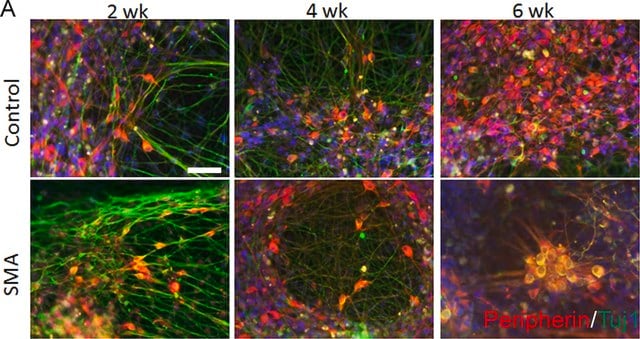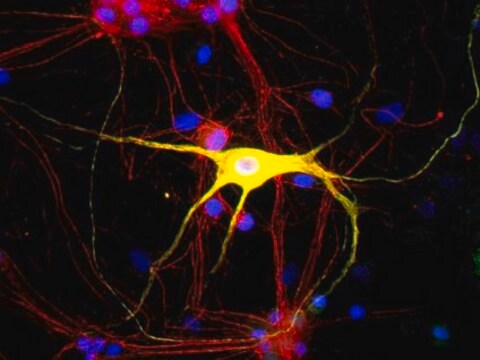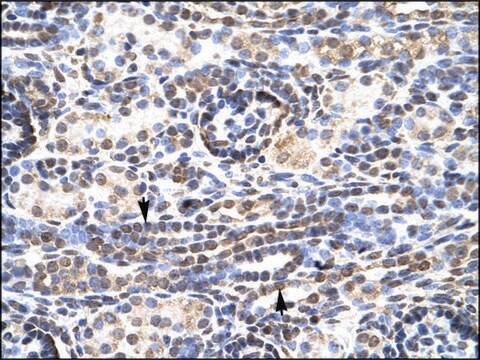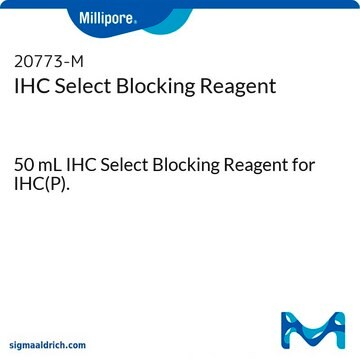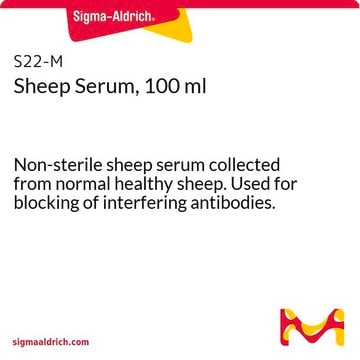P0072
Anti-phospho-PDCD4 (pSer67) antibody produced in rabbit
~1 mg/mL, affinity isolated antibody, buffered aqueous solution
别名:
Anti-Neoplastic transformation inhibitor, Anti-Nuclear antigen H731, Anti-Programmed cell death 4, Anti-Protein 197/15a
About This Item
推荐产品
生物源
rabbit
品質等級
共軛
unconjugated
抗體表格
affinity isolated antibody
抗體產品種類
primary antibodies
無性繁殖
polyclonal
形狀
buffered aqueous solution
分子量
antigen ~51 kDa
物種活性
rat (predicted), mouse (predicted), human
濃度
~1 mg/mL
技術
immunoprecipitation (IP): 5-10 μg using lysates of HEK-293T cells starved for 48 hours and then treated with 20% FCS
western blot: 1-2 μg/mL using lystes of HEK-293T cells starved for 48 hours and then treated with 20% FCS
UniProt登錄號
運輸包裝
dry ice
儲存溫度
−20°C
目標翻譯後修改
phosphorylation (pSer67)
基因資訊
human ... PDCD4(27250) , SELP(6403)
mouse ... Pdcd4(18569)
一般說明
應用
生化/生理作用
外觀
免責聲明
未找到合适的产品?
试试我们的产品选型工具.
儲存類別代碼
10 - Combustible liquids
閃點(°F)
Not applicable
閃點(°C)
Not applicable
個人防護裝備
Eyeshields, Gloves, multi-purpose combination respirator cartridge (US)
我们的科学家团队拥有各种研究领域经验,包括生命科学、材料科学、化学合成、色谱、分析及许多其他领域.
联系技术服务部门